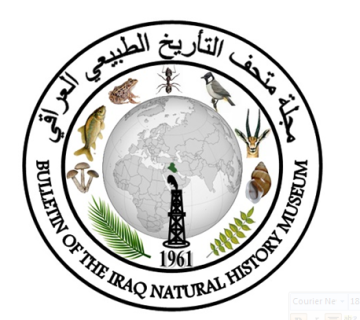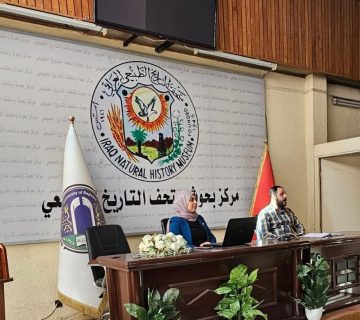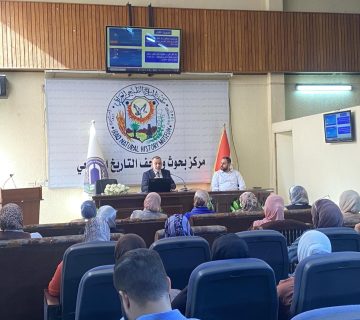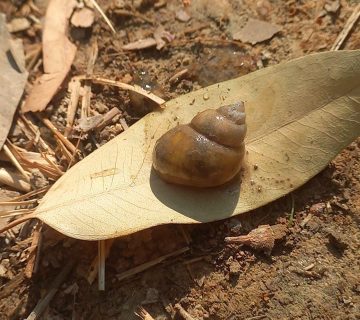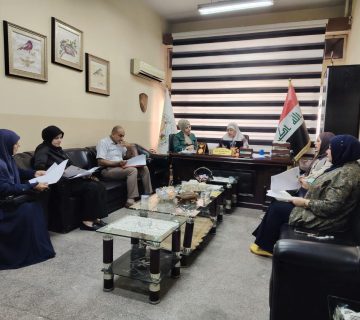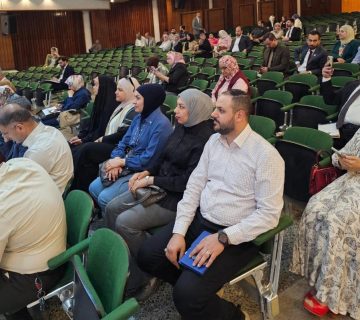Our center, under the guidance of Assistant Professor Dr. Hana Hani Al-Saffar and the workshop committee led by Lecturer. Muhammad Anad Ghazaun hosted a workshop titled “Poisonous Plants and Their Impact on Biodiversity” on February 27, 2024. The workshop featured presentations by Assist. prof Dr. Khansa Rashid Majeed and Assist. Lecturer. Ali Kamel Wannas.
The focus of the workshop was on:
Identifying poisonous plants: This included understanding how some plants use toxins as self-defense mechanisms against pests and predators. Examples of toxic compounds in plants were provided, such as alkaloids and tannins, and how some animals can adapt to consuming these plants in small quantities.
The impacts of poisonous plants: The workshop covered the various ways humans and animals can be affected by poisonous plants, including:
Dermatitis: This can cause itching, allergies, and skin irritation.
Poisoning: Symptoms like nausea, vomiting, diarrhea, headaches, dizziness, cramps, sweating, shortness of breath, and loss of consciousness were discussed.
Systemic diseases: The workshop explored how poisonous plants can affect various systems in the body, including the nervous, respiratory, digestive, cardiac, and circulatory systems.
Allergies: The potential for allergic reactions to poisonous plants was highlighted.
The workshop also emphasized the importance of:
Learning how poisonous plants can be ingested (eaten), touched, absorbed through the skin, or inhaled.
Recognizing specific poisonous plant species to raise awareness of their dangers to both humans and animals.
We at the teaching center believe in serving society, science, and knowledge, and we wish everyone continued success in these endeavors.

Comments are disabled.

